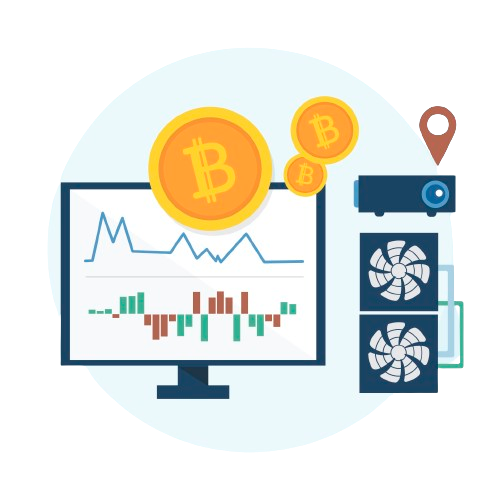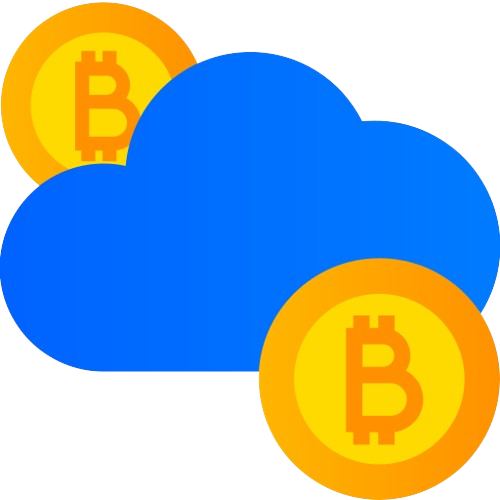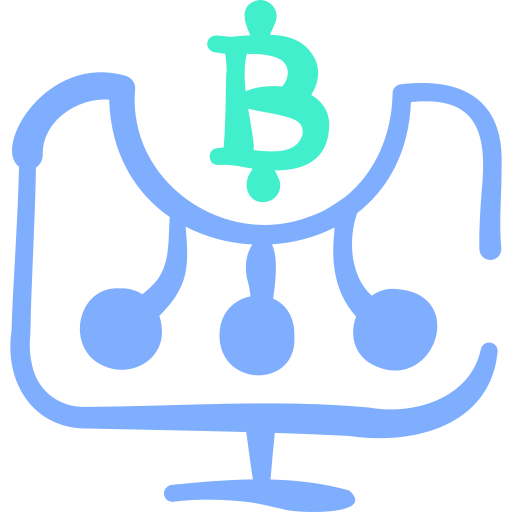
Despite a technologically advanced age, a digitally disconnected chasm persists across demographics lacking financial services access – disproportionately impacting lower income groups across American locales from inner cities to remote rural towns. However, the decentralized architecture intrinsic to Bitcoin and crypto wallets now uniquely extends pathways towards disintermediating economic participation to even unbanked populations long left behind by traditional institutions.
Understanding the Unbanked Plight
Unbanked status signifies a lack of access to even basic financial services like bank accounts or credit needed for accumulating savings, wealth, and credit. According to the FDIC, around 5% of US households remain unbanked – nearly a quarter in lower income brackets. Stark divides exist across race, education level and other sociocultural groups as well.
This severely impedes financial mobility and transactional inclusion given dependence on uneven cash systems and predatory alternatives like payday loans charging drastically higher fees. Unbanked individuals cannot build credit or savings and commonly encounter discriminatory lending policies exacerbating inequality.
Barriers to banking abound from identification requirements and maintenance fees to minimum balances and alienating experiences in financial establishments. Such exclusionary hurdles demand solutions securing equitable participation.
The Bitcoin Wallet Solution
Where restrictive barriers manifest across analog banking to systematically alienate outside communities, decentralized cryptocurrency models offer alternate pathways for transacting and accruing value without centralized gatekeeping via a Bitcoin wallet.
Wallets represent client-side software granting custody and access for sending or receiving Bitcoin according to possessor ownership rights rather than third-party allowance.

By eliminating the fallibility of human discretion through impartial cryptography secured code executing direct peer-to-peer interactions, decentralized protocols proffer financial liberation – even for unbanked groups.
Any internet-enabled smartphone now reasonably allows transacting, owning, and growing bitcoins devoid of any intermediary filtering against nearly half the globe owning mobile devices. From migrant workers sending international family remittances to urban citizens making local community payments or storing value, Bitcoin observes no artificial bounds – only mathematical fidelity.
Advantages of Traditional Banking
”Censorship resistance” allows all legal value transfers without passing moral judgments unlike banks frequently filter objectionable money flows.
Anonymity or pseudonymity safeguarding privacy to combat identification-linked discrimination rampant across financial systems.
Lower fees particularly benefit those subsisting transaction to transaction without capital reserves. Global movement means bypassing costly wire services as well.
By tackling economic suppression through technology, crypto wallets usher financial liberation to all groups including unbanked ones to more equitably participate within an increasingly digital economy built on codified decentralization principles rather than fallacious human biases.
Positive Outcomes for Unbanked Populations
Early consequences are promising:

Remittances exponentially enhanced where unreliability and time delays decreased through direct wallet pathways increasing affordability.
Under the mattress or shaky informal savings now give way to solid digitally-verified wealth accumulation harder to arbitrarily revoke and insulated from monetary mismanagement.
Payment flexibility and fraud resistance grow via P2P transactions between wallet accounts, decentralized apps, and supported merchants.
By expanding opportunities in transactions, savings, and asset growth through programmatic trust minimization, cryptocurrency invites economic revival for communities historically barred from stable capital – until now.
Conclusion
Financial inclusion signifies an ongoing struggle across class and demographic divides exacerbated by formulaic exclusion from traditional institutions. However crypto wallets offer unrestricted conduits towards capital – bypassing structural oppression to transact, receive, and accumulate value freely through decentralized execution upheld by mathematics instead of unreliable human rationale. The widespread smartphone availability means crypto adoption reaches even disconnected locales and groups by upholding digital facilitating greater participation and prosperity regardless of status. All considered, cryptocurrency wallets now present a landmark chance for underserved populations to control financial trajectories in the digital age.